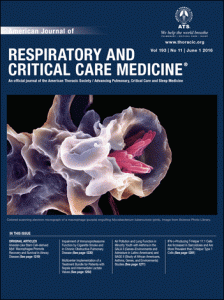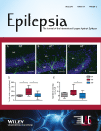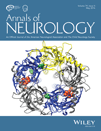 Pro-life activists have asked JAMA to retract a 2005 paper that suggested fetuses can’t feel pain before the third trimester.
Pro-life activists have asked JAMA to retract a 2005 paper that suggested fetuses can’t feel pain before the third trimester.
Critics are arguing that newer findings have shown pain sensation appears earlier in gestation, yet the 2005 data continue to be cited in the discussion around abortion. What’s more, they note, some of the authors failed to mention their ties to the abortion industry.
The 2005 paper has been cited 191 times, according to Thomson Reuters Web of Science. We spoke with Howard Bauchner, Editor in Chief at JAMA and The JAMA Network, who told us something similar to what he said last week, when PETA asked to retract a paper they claim could be harmful to elephants: Continue reading Pro-lifers call for JAMA to retract 2005 paper about fetal pain




 After the reviewer of a rejected paper was publicly outed, the BMJ has taken the unusual step of explaining why it chose not to publish the paper.
After the reviewer of a rejected paper was publicly outed, the BMJ has taken the unusual step of explaining why it chose not to publish the paper.

